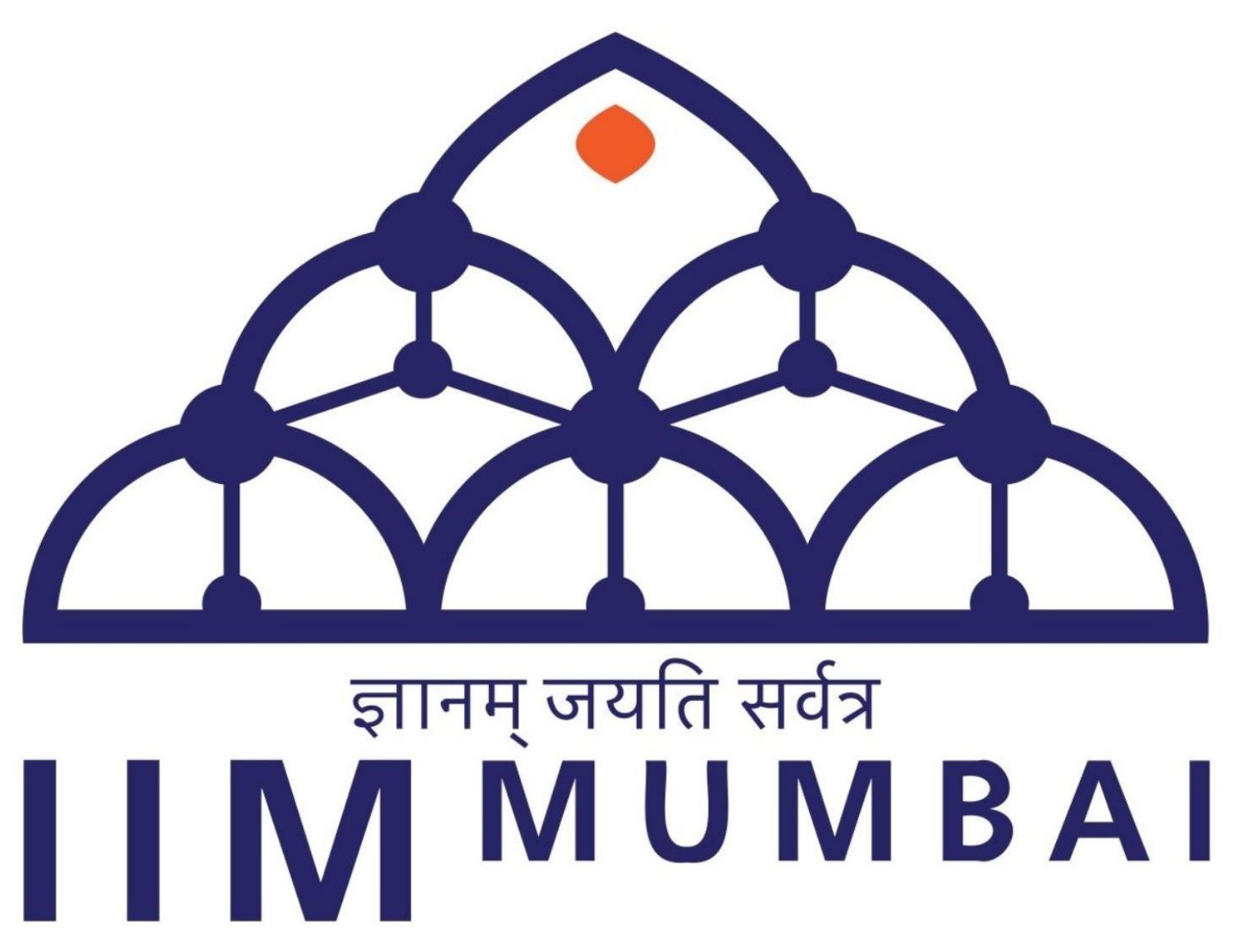This meticulously crafted on-campus program for senior business executives offers a comprehensive understanding of the technological innovations driving the revolution in financial systems.

This meticulously crafted on-campus program for senior business executives offers a comprehensive understanding of the technological innovations driving the revolution in financial systems. We are currently witnessing an exhilarating phase in the FinTech revolution, with India emerging as a key player.
The country's approach, encompassing public infrastructure such as UPI and ONDC, alongside global incumbents' private infrastructure, sets it apart. Information and Communications Technology (ICT) is pivotal in today’s financial systems, underscoring the necessity to grasp its fundamental technologies within FinTech. Each advancement in ICT is scrutinized by FinTech professionals for potential enhancements to business operations.
The rapid pace of ICT innovations increasingly challenges the comprehensive assessment of technology's positive versus negative impacts, necessitating a principled approach. This program uniquely equips participants to grasp the core principles of integrating technology into financial processes and instruments.
This foundational knowledge empowers participants to discern and confidently determine the type and scope of technology suitable for integration in their environments, alongside learning risk identification and mitigation strategies.
Pedagogy:
This executive-friendly course will incorporate relevant use cases, some of which will be collaboratively re-worked by the cohort. This approach aims to enhance the cohort's decision-making abilities and provide insights into the rationale behind selecting specific decisions among various options.
In FinTech, it is crucial to grasp not only the advantages and disadvantages of technological choices but also to navigate regulatory and business constraints that shape operations. Participants will actively engage in designing a FinTech workflow, showcasing their comprehensive understanding of the modules covered in this course.
Objectives:
Coverage:
Target Audience:
IIM Mumbai erstwhile known as NITIE was established by the Government of India in 1963 with the assistance of the United Nations Development Programme (UNDP) and the International Labor Organization (ILO).
IIM Mumbai has been consistently ranked among the top B-schools in India. IIM Mumbai is ranked 6th in the National Institutional Ranking Framework (NIRF) rankings for 2024 among Management Institutes across India.
IIM Mumbai is committed to creating skilled professionals in diverse functional areas like Operations Management, Analytics, Finance, Marketing, Project Management, HR, Information Technology, and Sustainability Management.
Located in the Financial Capital of the country, IIM Mumbai has close interactions with the leading corporate houses, giving it the added advantage of integrating classroom knowledge with relevant practical inputs from industry professionals.
IIM Mumbai's picturesque campus is surrounded on three sides by lakes. The lush greenery at the campus has earned it the moniker "God's Own Campus".
With more than 60 Academicians and around 1200 students across various programs, IIM Mumbai is a leader in management education in the country. With the rigorous curriculum and contemporary industry-oriented program structure, the students of IIM Mumbai are primed to contribute to nation-building and becoming business leaders.
IIM Mumbai offers Post Graduate Diplomas in Industrial Management, Industrial Engineering, and Sustainability Management. IIM Mumbai, in collaboration with IIT Delhi, also provides Post Graduate Diploma to executives currently working in the Industry via the Visionary Leaders for Manufacturing Programme (PGPEx-VLFM).
IIM Mumbai also offers the General Management Programme (GMP) for Defense Officers. All the courses offered at IIM Mumbai are Full-Time residential courses with rigorous academic and industry-oriented inputs.
IIM Mumbai, under the dynamic leadership of Prof. Manoj K. Tiwari, Director IIM Mumbai, is the nodal hub for capacity building in Logistics and Supply chain Management to promote the PM Gati Shakti Master plan.
IIM Mumbai students have regular interactions and sessions from industry leaders and leading researchers, especially in Supply Chain and Operations Management.
At IIM Mumbai, we host eminent faculty from international institutes like the Massachusetts Institute of Technology (MIT), USA, and Kellogg School of Management at Northwestern University, USA to take courses for students and working professionals across industries.
IIM Mumbai has established The Centre of Excellence in Logistics and Supply Chain Management. The center aims to conduct cutting-edge research, knowledge creation, and capacity-building programs to develop India's logistics sector through applied research and industry outreach to tackle real-time business scenarios.
IIM Mumbai also has a vibrant Student Exchange Programme with several partner universities across North America, South America, Europe, and South-East Asia.
Our Vision
Spearheading Management Education for Creating Transformative Leaders making positive social impact
Our Mission
Impart transformative management education to foster tomorrow’s global leaders through innovative pedagogy, research-driven insights, and strategic industry partnerships to catalyse a positive global impact.
© 2025 coursetakers.com All Rights Reserved. Terms and Conditions of use | Privacy Policy